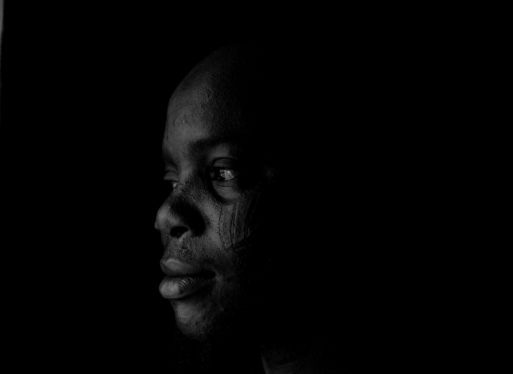
The Thing Is…
to love life, to love it even
when you have no stomach for it
and everything you’ve held dear
crumbles like burnt paper in your hands,
your throat filled with the silt of it.
When grief sits with you, its tropical heat
thickening the air, heavy as water
more fit for gills than lungs;
when grief weights you like your own flesh
only more of it, an obesity of grief,
you think, How can a body withstand this?
Then you hold life like a face
between your palms, a plain face,
no charming smile, no violet eyes,
and you say, yes, I will take you
I will love you, again.
Ellen Bass’s poem, “The Thing Is,” offers a frank look at the process of grieving and yet still turning towards life. The title of the poem bleeds directly into the first line, almost offering a prescription or order for how to move through grief. The poem hinges on the first line, “to love life,” and clings to that even as it describes the heavy toll of grief. Bass instructs us to love life even as it’s become something completely altered, even when “everything you’ve held dear crumbles.” Life is turned upside down, marked by loss.
Bass goes on to narrate the ways that grief seeps into the body, becoming the very air that is breathed. She describes grief as a weight upon the body, overwhelming it, burdening it. The poem poses the question, “How can a body withstand this?” as she recalls the ways in which grief descends like a heavy cloud. How do we move through coming face to face with mortality when our body is fundamentally a mortal thing?
The poem shares that it is in these moments of questioning how we can move through grief, how we can survive this, that it is most important to continue loving life. Bass describes opening ourselves to life as holding the face of another, an act of intimacy and closeness. She does not romanticize what it means to love life after grief by continuing with the metaphor of holding the face of another and describing that face as plain, not charming. There is nothing flashy or particularly beguiling about embracing life so intimately; we are not guaranteed beauty. Yet the love remains and is shown as something that is worthwhile.

The final word in the poem is, “again,” as the narrator tells the cradled face representing life that they will once again love. In this, the poem offers a gentle hope that although it feels like there will never again be something to enjoy about life after the death of a loved one, we can choose to open ourselves back up to it in new ways. Life may never return to the way it was, but we can circle back to an appreciation and love for life. The poem offers a perspective that there is something good and necessary about choosing to intimately embrace life after loss.

 “The Thing Is” by Ellen Bass
“The Thing Is” by Ellen Bass


 “Help Me, Helen”
“Help Me, Helen”
 Recovering Cremation Remains After the Los Angeles Fires
Recovering Cremation Remains After the Los Angeles Fires
 “As Tears Go By” by Marianne Faithfull
“As Tears Go By” by Marianne Faithfull














